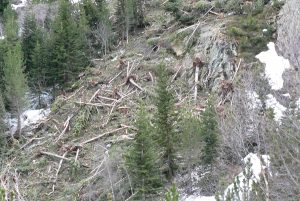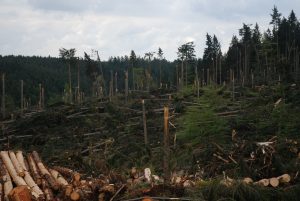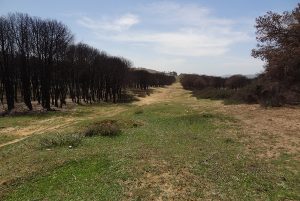Under several climate change scenarios, all European countries seems undergo increased risk of different natural disasters. This expected trend, will affect areas that historically have not experienced significant impact from a specific natural hazard; a large proportion of damage is likely to be related not only with high-severity events but also with new hazards interactions (new risks coming up and influencing existing ones as wildfires affecting mountain forests increasing avalanche risk). Actions encouraging the sharing of knowledge and good practices among natural hazards and local/regional expertise should improve the disaster risk reduction strategies, preparing the national civil protection systems to cope with the impact of climate change.
Nevertheless, pan-European exchange of experiences, lessons learnt and good practices guidance of forest risk management are also often lacking or may not be accessible or tailored to the needs of different operational actors. Numerous initiative as the EU Disaster Risk Management Knowledge Centre (DRMKC) seek for more transfer of scientific knowledge into practice, as well as an increased cooperation of risk assessment and disturbance management. Research knowledge is also required as input to policy development and implementation. In order to ensure effective interaction between research, policy and practice at European, national and local levels it is essential to base collaboration on mutual understanding while allowing for a continuous and open exchange on corresponding needs.
NET RISK WORK wants to provide a platform of knowledge and best experience exchange dealing with different European forest risks and their interactions, delivering operational guidelines for natural risk disaster reduction meanwhile building regional/thematic networks of expertise. The project will perform a best practices capitalisation process on risk planning and management capabilities of wildfires, storms, avalanches and flood hazards, as well as a crosslink assessment on how are these hazards interacting in a changing climate context all across Europe. Throughout the sharing experience process, at the end of the project, informal and permanent multi-actor knowledge exchange platforms will be consolidated at local/regional level by the specific hazards, supported by a European scope coordination in synergy with DRMKC and the related natural hazard scientific partnerships initiatives.



